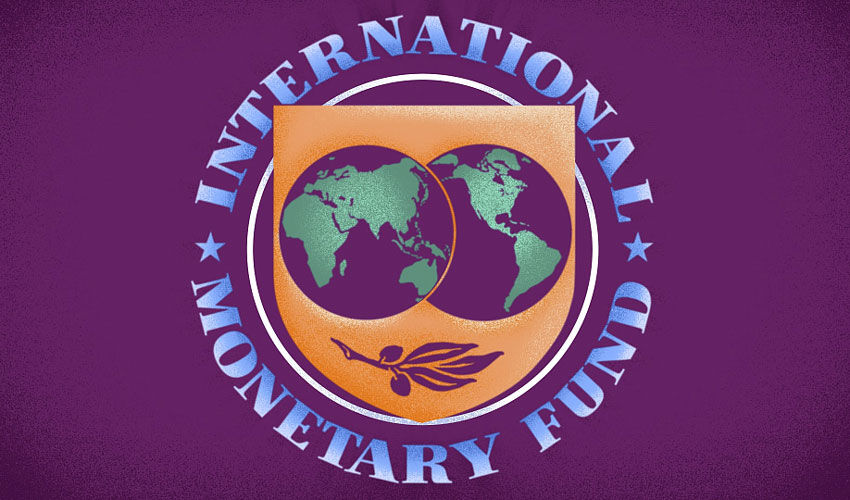
Recent developments in the global economy are taking place against a backdrop of rising debt levels in many countries and excessive strains on public finances, which in many cases will only intensify as new, long-term spending increases need to be absorbed. Rising yields in the largest economies and widening spreads in emerging markets are further complicating the fiscal situation.
“We project global government debt to increase by 2.8 percentage points this year, more than double the estimate for 2024,” the fund’s economists said. – As a result, debt levels will exceed 95% of global GDP, and this upward trend is likely to continue. By the end of the decade, public debt will approach 100% of GDP and exceed the levels seen during the pandemic.”
Tighter and more volatile financial conditions in the U.S. could cause a ripple effect in emerging market and developing countries, raising financing costs. This would have a significant impact on listed commodity prices, with prices falling and price volatility increasing. Insufficient improvement in the fiscal situation could further increase the risks associated with rising interest rates, especially as many countries have significant financing needs.
High interest rates could limit the ability to allocate the necessary funds for social programs and public investment. In addition, the decline in foreign aid due to the changing priorities of advanced economies makes it more difficult for low-income countries to obtain financing.
In an uncertain and rapidly changing world, countries will first need to put their own budgets in order. Fiscal policy should prioritize reducing public debt and building and accumulating reserves to meet the need for increased spending and respond to economic shocks. This will require striking an appropriate balance between the objectives of fiscal adjustment and sustaining economic growth, taking into account available resources and general economic conditions in each country.
Countries with limited fiscal space should implement gradual and credible plans to consolidate social commitments. And new spending needs should be offset by spending cuts in other areas or new revenues. Budget support to enterprises and groups affected by severe trade disruptions should be temporary and targeted, emphasizing transparency and effective expenditure management.
In an environment of heightened uncertainty, policymakers will be forced to make difficult trade-offs between high debt, slowing growth and new spending needs,” said the authors of the blog.

